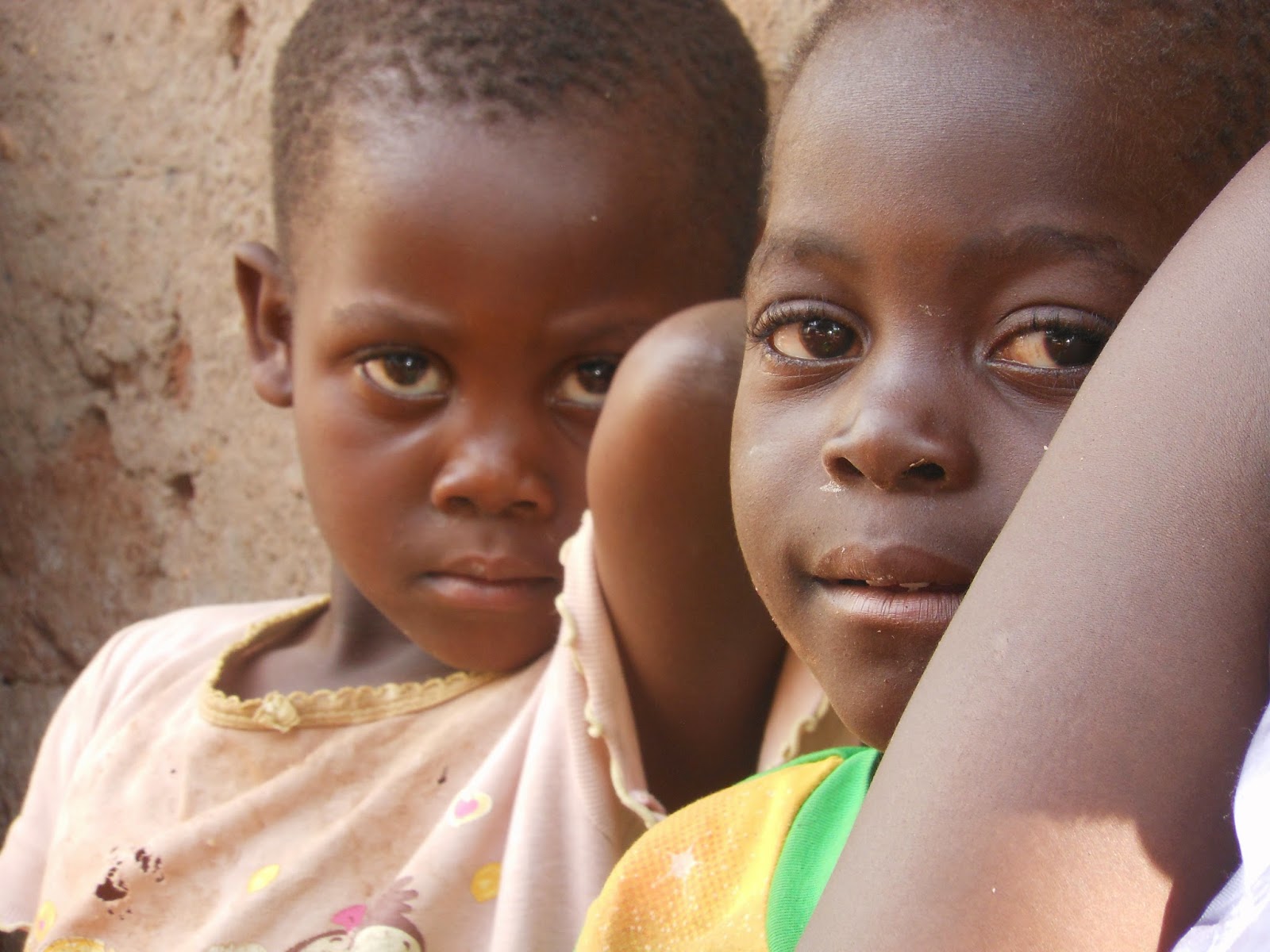 |
| View from the waiting area at the airport. Normally, you can see a tree row at the far end of the tarmac. |
Although the rains were
late again this year (see my host and dusty earlier post about Tropical Christmas), they made
up for it by arriving with a vengeance. In fact, they arrived right as we were
preparing to board our plane to Capetown. The whole airport shut down for
approximately two hours while we waited for the skies to empty. We returned to a
green and glorious Malawi.
Unfortunately, there can be too
much of a good thing. Following an enormous typhoon off the coast of Mozambique
the week of January 13th, fifteen of Malawi’s twenty-eight districts
were catastrophically flooded. Thus far, the government’s department of
disaster management affairs has announced a state of emergency, mostly in the
southern region. Estimates
are over 60 dead, 150 missing and 200,000 without homes. This does not
include damage to just-planted fields and loss of livestock, which are nearly
too many to count.
My company doesn’t work in those
areas, but I have plenty of friends who do. One friend is managing camp in
Nsanje for over 5,000 people. Another friend has been frantically busy garnering resources and is
hosting a delegation of donors next week. Malawi is on a “no aid”
budget, but suddenly it’s pouring in. Malawi seems to be flooded every year, taken by surprise by the onset of such fast and heavy rains. Although there are always efforts to prepare, the environmental impact of poverty - deforestation, poor housing, land degradation are endemic. They don't lend themselves to being solved by one season of "no-aid" solutions.
 |
Photo courtesy of Malawi
Red Cross, near Nsanje Southern Malawi.
www.FaceofMalawi.com
|
For us here in Lilongwe, the
major impact has been electricity. It’s always been a bit variable in rainy
season, but it’s much worse now. Reports are that a few of the hydroelectric power stations have had their water intakes damaged by trash, logs and detritus. To clean them out, the entire station has to be taken offline,
leaving even more load-shedding than normal.
**If you'd like to donate to victims of this flooding go to: http://www.unicef.org.uk/landing-pages/donate-malawi-floods/**



